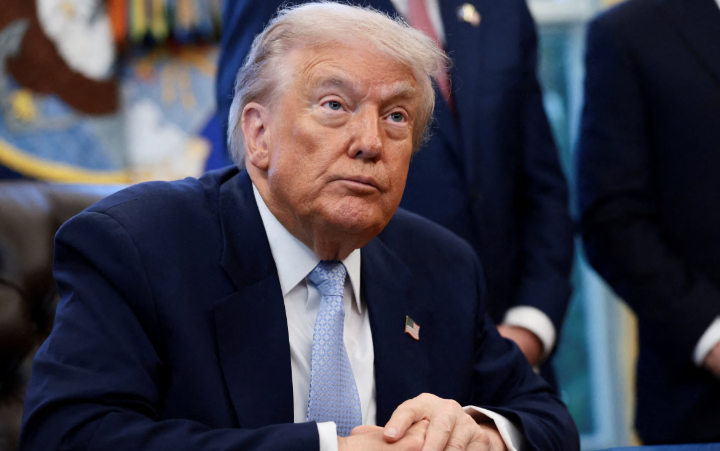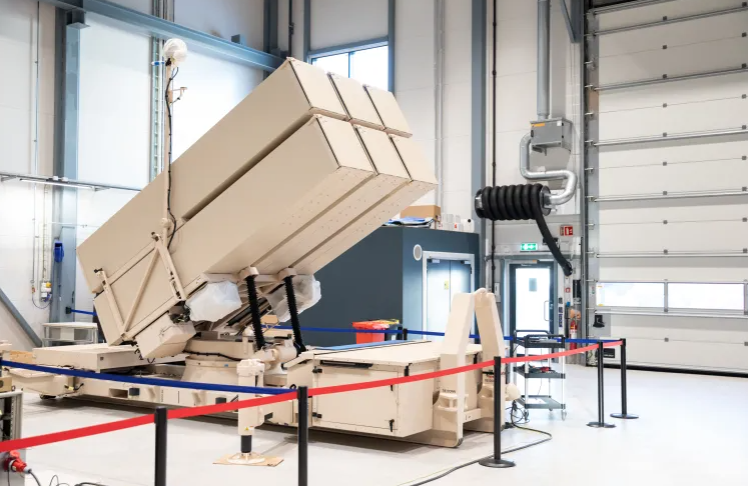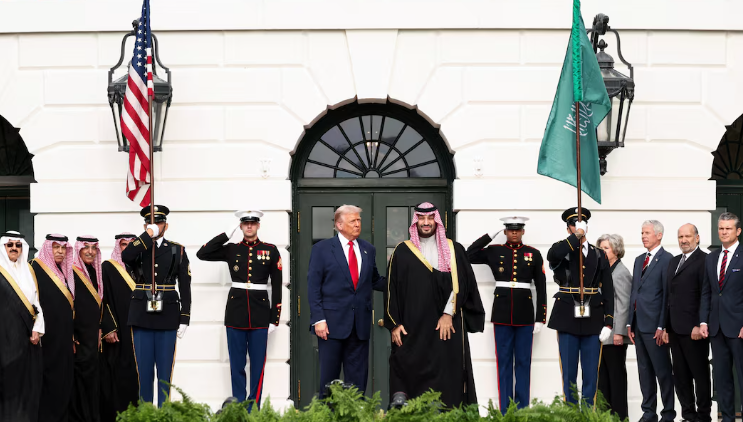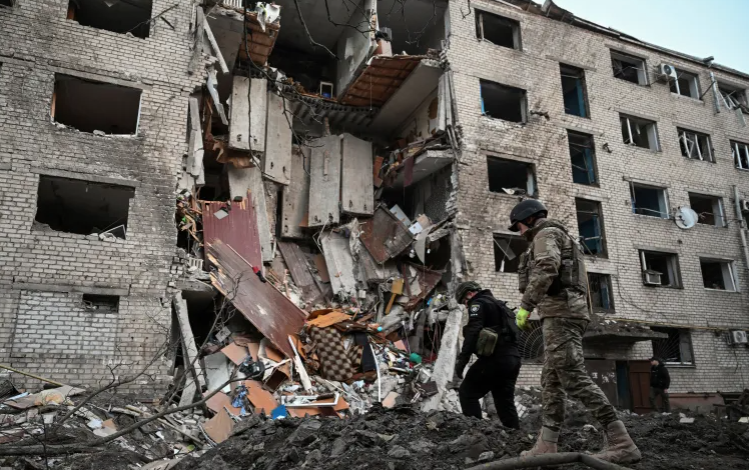WORLD NEWS
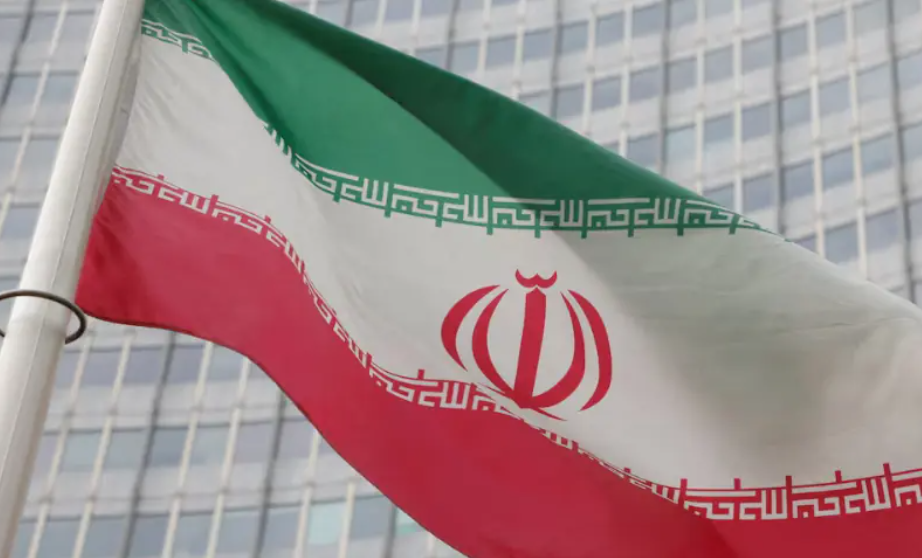
The United States, United Kingdom, France, and Germany have submitted a draft resolution to the International Atomic Energy Agency (IAEA) urging Iran to “cooperate fully” with the UN’s nuclear watchdog. The draft, which has been seen by AFP, calls on Tehran to allow the IAEA unfettered access to its nuclear sites, including those damaged in recent Israeli and US strikes.
The resolution emphasizes the “imperative” need for Iran to comply with its obligations under the nuclear non-proliferation treaty (NPT) and to provide the requested access that the IAEA has been seeking for months. Relations between Iran and the IAEA have been fraught with tension, particularly after a series of airstrikes in June that targeted Iran's critical nuclear infrastructure, including the Fordo and Natanz facilities.
Since the attacks, which were part of a larger military conflict involving Israel and the US, the IAEA inspectors have not been granted access to these bombed sites, though they have been able to visit other locations. The IAEA has repeatedly raised concerns about Iran’s nuclear activities, especially in relation to its stockpile of enriched uranium. A confidential IAEA report indicated that the agency had been unable to verify the status of Iran’s highly enriched uranium, a critical element in nuclear weapon production.
In the draft resolution, the four Western powers urge Iran to allow the IAEA to access its enriched uranium stockpiles, especially the highly enriched uranium that has been accumulating at an alarming rate. The agency had already raised concerns in its last report, highlighting that Iran had failed to meet the deadline for submitting requested information about its uranium inventory and its safeguarded nuclear facilities.
Iran's Position on Nuclear Activities
In response to mounting international pressure, Iranian Foreign Minister Abbas Araghchi claimed that the country had no undeclared uranium enrichment sites, asserting that there was no ongoing enrichment activity due to the damage caused by the recent war. Araghchi’s comments came after reports surfaced suggesting that Iran had accelerated work at a secret nuclear site, reportedly dubbed Pickaxe Mountain or Kuh-e Kolang, located near the Natanz facility.
This revelation, reported by major US media outlets, including the Washington Post and New York Times, added further fuel to concerns about Iran's nuclear ambitions. The underground site is believed to be part of Iran’s efforts to continue its nuclear program despite the setbacks caused by the Israeli and US strikes.
In mid-June, Israel launched an unprecedented bombing campaign targeting Iran’s nuclear infrastructure, leading to a 12-day war with the US briefly joining the strikes. This military intervention resulted in significant damage to several key nuclear sites, including facilities at Natanz, a critical hub in Iran’s nuclear enrichment program.
Iran Suspends Cooperation with the IAEA
In the aftermath of these attacks, Iran suspended its cooperation with the IAEA and imposed restrictions on the agency's inspectors, accusing the UN watchdog of bias and failure to condemn the airstrikes. Iran’s response has been to sharply criticize the IAEA’s role, and Tehran has warned that any adoption of a resolution by the UN body would lead Iran to reevaluate its relationship with the agency.
Diplomatic Tensions with the UN
Iran's Deputy Foreign Minister Kazem Gharibabadi issued a stern warning on Sunday, stating that Iran would conduct a "fundamental review" of its relations with the IAEA should any such resolution be passed. Tehran views the IAEA’s actions as disproportionately critical of Iran’s nuclear program while failing to hold other countries accountable for actions against its nuclear sites.
As the IAEA's board prepares to vote on the draft resolution this week, the international community watches closely. The resolution reflects the continued Western concerns over Iran's nuclear activities, especially its failure to provide transparency regarding its enriched uranium stockpiles. At the same time, the tensions between the IAEA and Iran continue to escalate, with the possibility of further diplomatic fallout.
